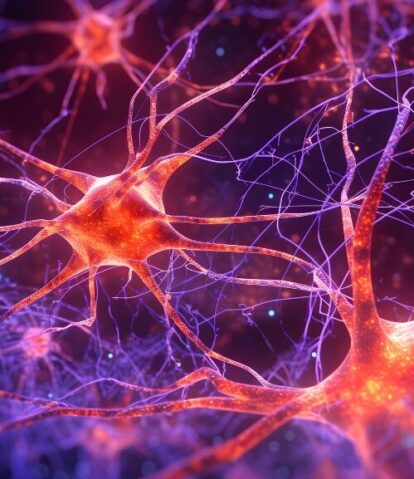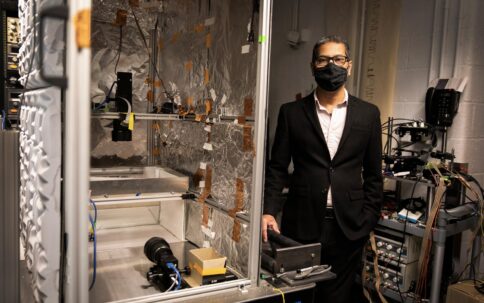AI and the Brain
What We Do
A core precept of the Kempner Institute is that AI and ML will advance our understanding of the human brain and that insights learned from the study of the brain will generate new strategies to better understand and potentially advance AI architectures and capabilities. AI models of brain computation, learning, and memory, built on experimental data from humans and animals, will yield testable hypotheses. Our researchers will use these virtual models to create new insights in cognition and computation that can advance our fundamental understanding of the brain and how it is perturbed in disease.

Building and learning from computational models of the brain
Kempner Faculty Member Dr. Kanaka Rajan employs an innovative, multidisciplinary approach, leveraging a vast network of collaborators to uncover theories about the brain to build unifying theories spanning both natural and artificial intelligence (AI) that generalize across species, discover the mechanisms that control our cognitive abilities and behavioral repertoires, and sometimes, identify how and why they go wrong in neuropsychiatric diseases. Her research employs computational models of the brain to uncover answers to some of the biggest questions in neuroscience: How do neurons and circuits in multiple interacting brain areas communicate? How do brains acquire an impressive repertoire of tasks from a few examples, solve unstructured problems, and learn through minimal or no supervision? How do social hierarchies emerge and stabilize in multiple interacting agents?
Research Projects
Reinforcement Learning
Recent findings from Kempner researchers suggest spontaneous behavior is structured by reinforcement without explicit reward.
Creating New Hybrid Models Using Recurrent Neural Networks
Using artificial neural networks researchers discover how animal brains might learn to predict future rewards in uncertain environments.
Neural Waves and Memory
Researchers introduce a model to demonstrate how neural wave architecture indeed efficiently encodes the recent past through a suite of synthetic memory tasks.





